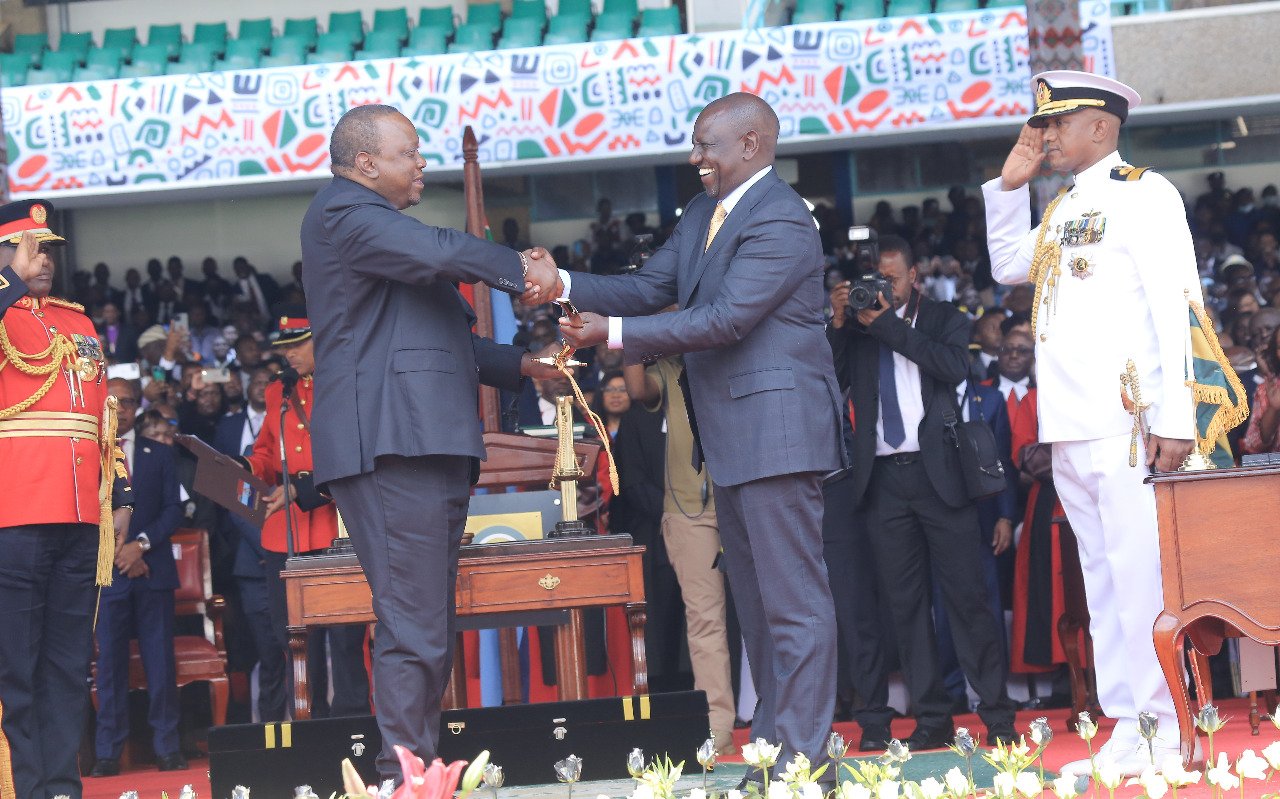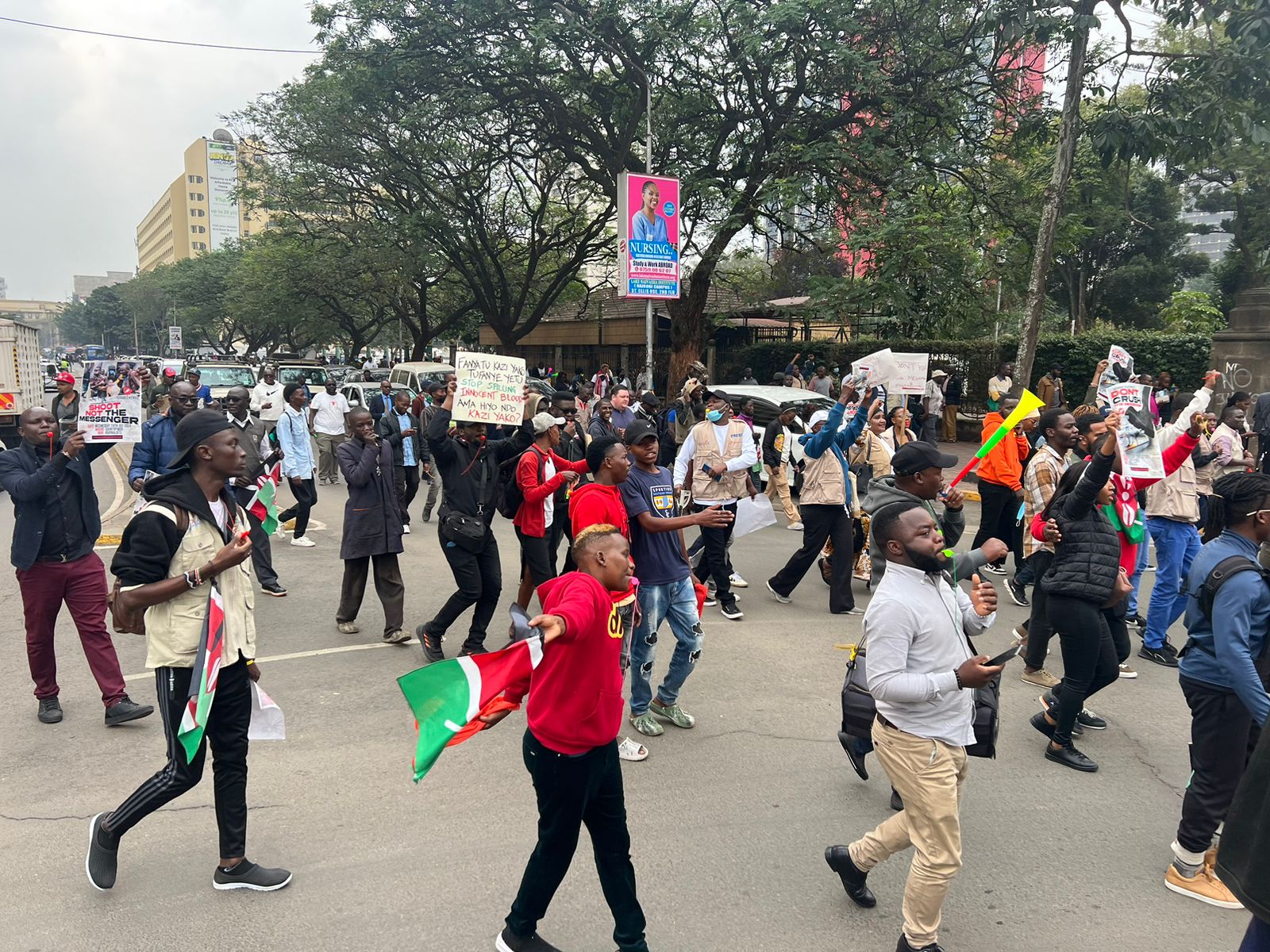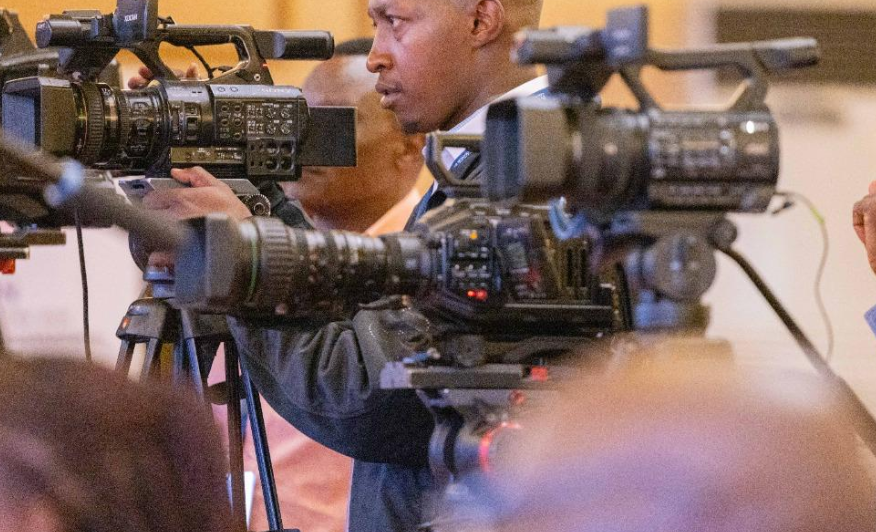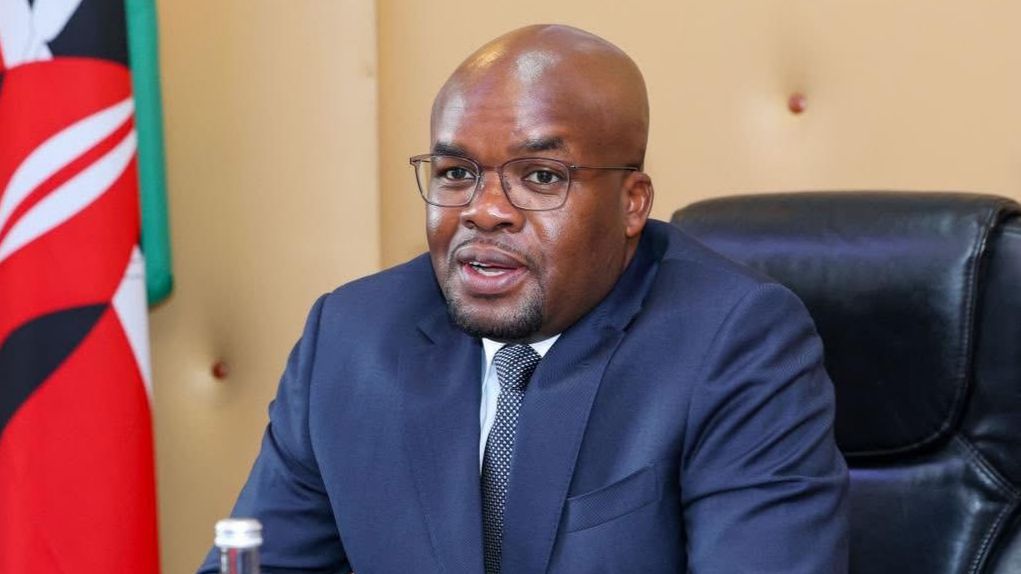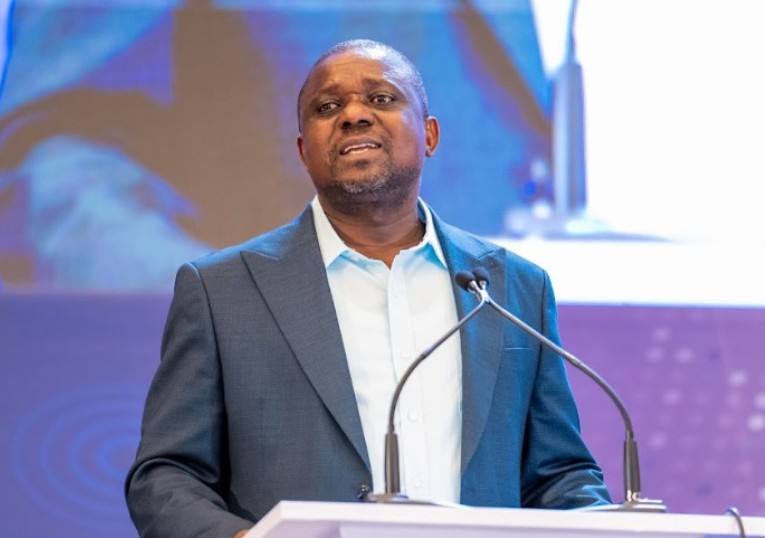By Kevin Mabonga
12th September 2022 marked the end of Uhuru Kenyatta’s two-term as President of Kenya, it was also the official beginning of Dr. William Ruto’s first term as President of Kenya.
The events that have taken place from the campaign period to the swearing-in of President Ruto is something many countries working to strengthen their democratic principles should borrow.
History and importance of term limits
Many traditional African societies held their rulers accountable for their actions and had ways of removing a ruler from office. Different societies had different systems of checks and balances to guard against abuse of power.
Read More
However, the history of presidential term limits can be traced back to 1787, during the constitutional convention in Philadelphia, US where delegates discussed the issue, but the idea was not adopted.
Two years later, the 22nd Amendment to the US Constitution was enacted putting a two term limit on the president. The amendment was ratified (approved by three-quarters of the state legislatures) on 27th February 1951.
It states: “No person shall be elected to the office of the president more than twice, and no person who has held the office of president, or acted as president, for more than two years of a term to which some other person was elected president shall be elected to the office of the president more than once.”
Other countries in the world have amended their constitutions introducing presidential term limits. The Constitution of Kenya has provisions for constitutional term limits. Article 142(b) of the Constitution provides: “A person shall not hold office as President for more than two terms. Article 180 (7) has a similar rule for a governor and deputy.
Studies show that term limits are a crucial element in a democracy; they encourage a peaceful transfer of power, create a level playing field during elections, the emergence of new leaders, promote accountability, and respect for rule of law. Studies have also pointed out that long term leaders become less effective and are intolerant of dissent.
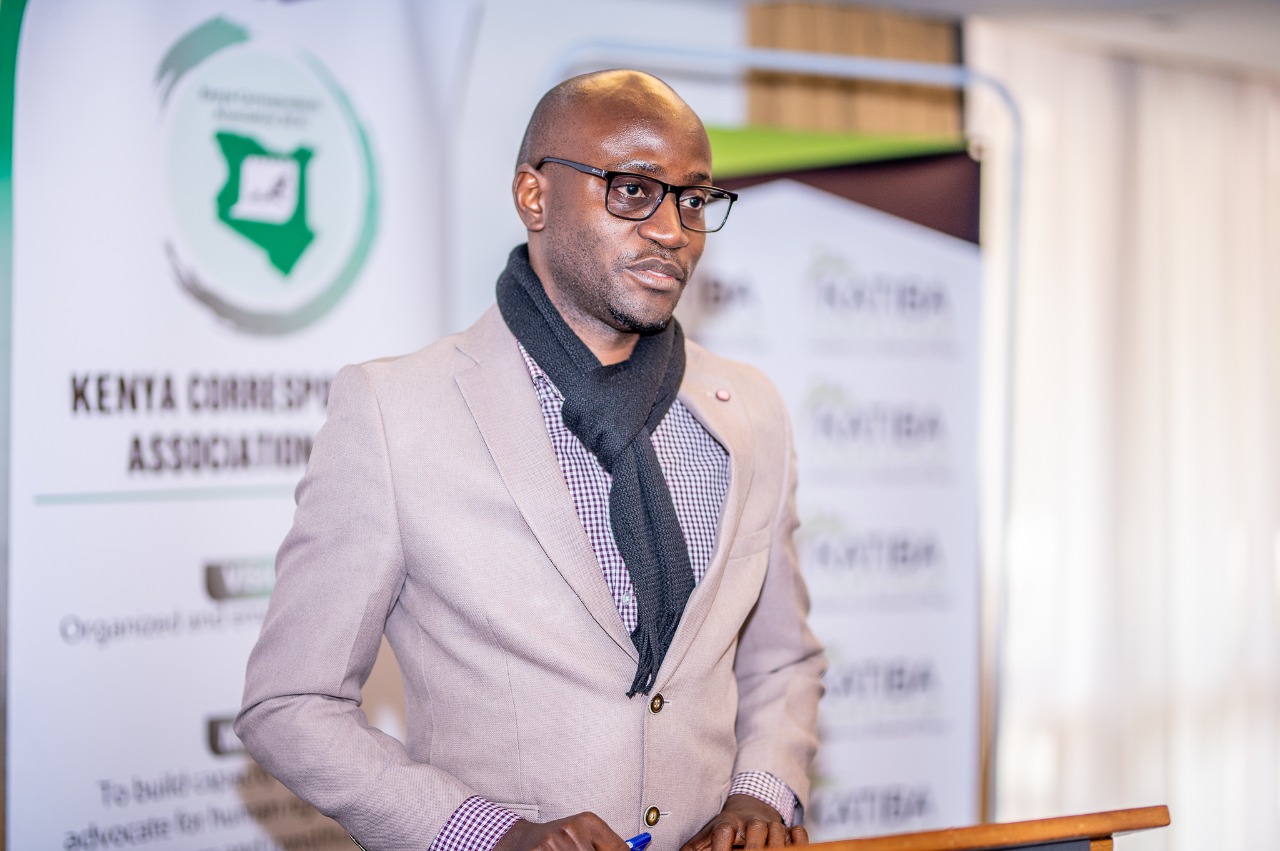
Peaceful transfer of power
A Peaceful transfer of power involves the existing leadership conceding power and passing control onto the successor. This process is non-violent and recognizes the right of the people to select their leaders.
The peaceful transfer of power is an important element in a stable democracy. It is key to promoting voting rights and recognizing the will of the people. In the absence of peace, countries risk democratic backsliding.
According to the Niamey Declaration in Support of Constitutionalism for Democratic Consolidation and the Peaceful Transfer of Power held in Niamey, Niger, October 4, 2019, Heads of state, political parties, civil society, media, and citizens at large have a responsibility to facilitate peaceful transfers of executive power and should create environments that promote smooth transitions from one leader and administration to the next.
The declaration further notes that effective legal frameworks that provide mechanisms for holding transparent and credible elections and the peaceful resolution of election-related disputes, prevent political disagreements degenerating into violence.
“We encourage countries to adopt proper procedures for incumbent presidents to carry out an orderly handover to the next government, with effective accountability for the transfer of assets and authority. We urge incumbent presidents to establish early timelines to facilitate adherence to these procedures.”- part of the declaration reads.
Further, the Gaborone Declaration in Support of Constitutionalism and Democratic Consolidation that came from the Summit on Constitutionalism and Democratic Consolidation, in Gaborone from July 6 to 8, 2022, highlighted the importance of respect to presidential term limits and peaceful transfer of power. The vision of the Gaborone summit was to promote democratic progress and resilience while countering democratic backsliding and the erosion of constitutionalism across the continent.
The declaration commends peaceful transfer of executive power through credible and inclusive elections in African countries that have strengthened democratic practice and institutions.
“We add our voices to efforts in favour of respecting and restoring term limits, constitutional rule, and the rule of law more broadly as vital ingredients for peace, stability, continental integration and equitable development across the continent.” Part of the declaration reads.
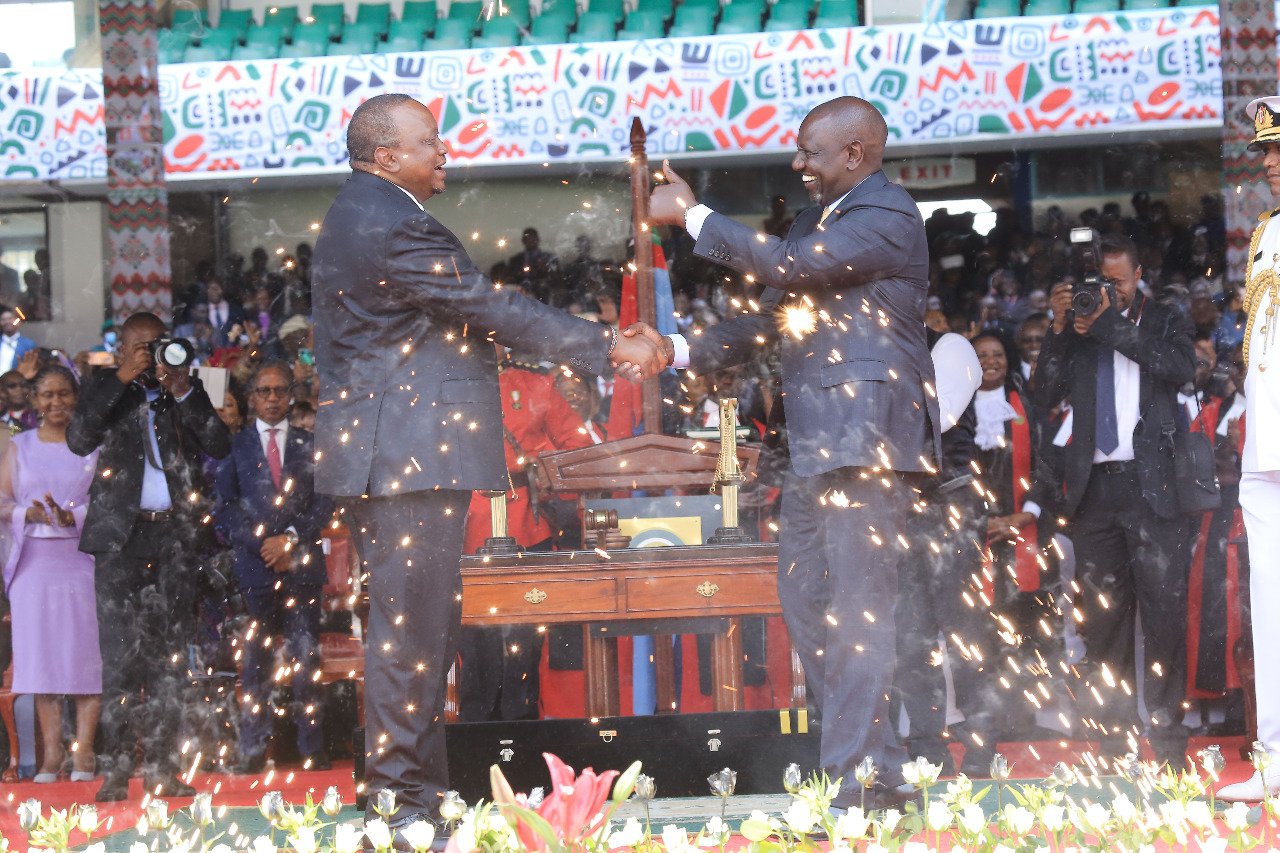
In his farewell address to Kenyans, outgoing president Uhuru Kenyatta affirmed Kenya’s culture of respect to term limits and the rule of law.
“Tomorrow (September 13), I will emulate that honoured tradition and hand over the mantle to my successor, The Hon. William Ruto. I am profoundly grateful for the honour and privilege you bestowed upon me to serve as the Fourth President of the Great Republic of Kenya.”
President Kenyatta noted that by following the tradition, Kenya is on a consistent and predictable journey of deepening and maturing democracy.
President William Ruto thanked President Kenyatta for the smooth management of the handover process.
The events in Kenya are a major boost to the initiatives towards respect to presidential term limits and peaceful transfer of power in Africa. We hope that other democratic countries will learn lessons from the Kenyan experience.
Kevin is a Communications and Public Liaison Officer at Katiba Institute, leads the project “Promoting Democratic Governance through Control of Power.” He was a participant at the Summit on Constitutionalism and Democratic Consolidation, in Gaborone from July 6 to 8, 2022, and the Summit on Constitutional Term Limits held in Niamey, Niger from October 2-4, 2019
